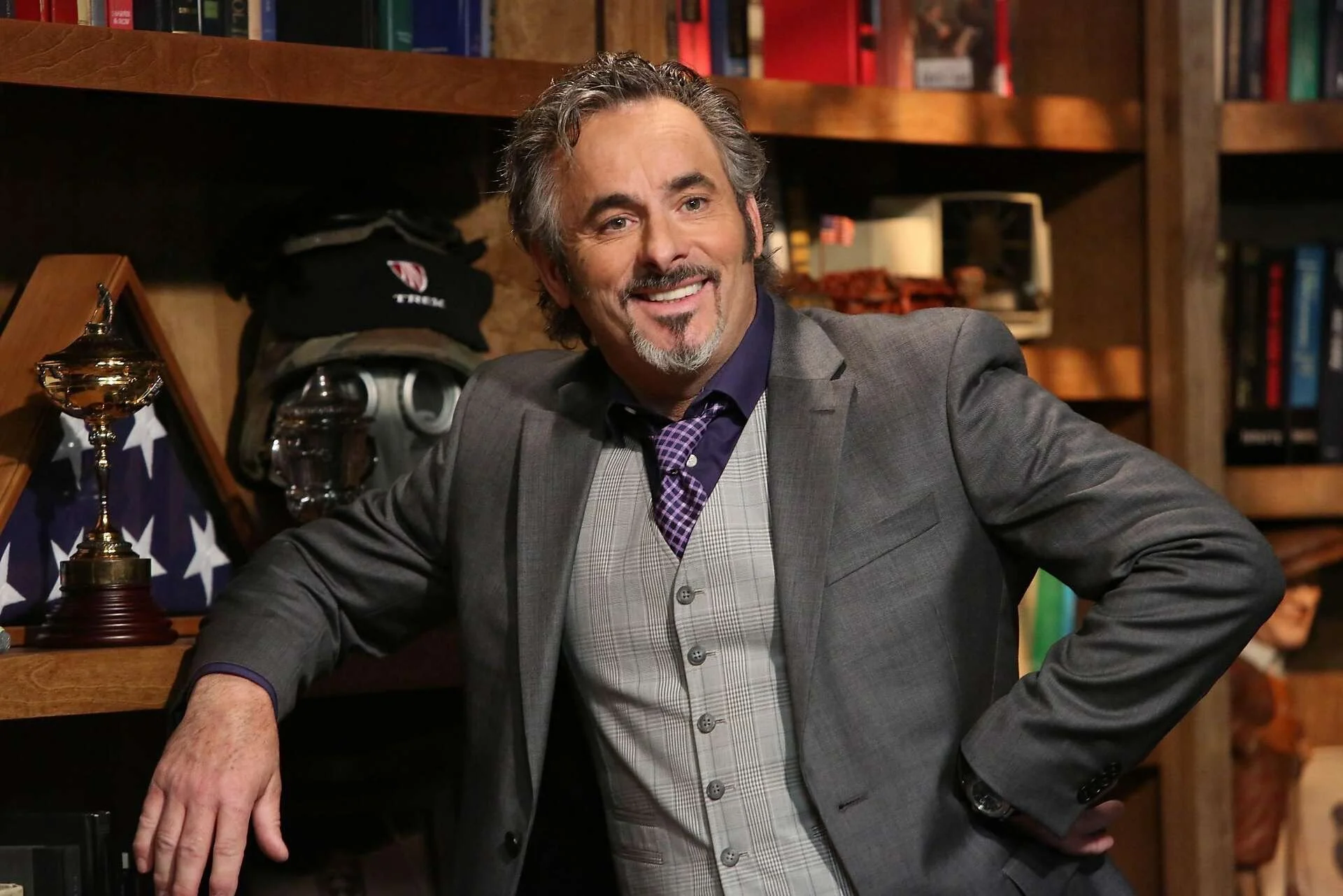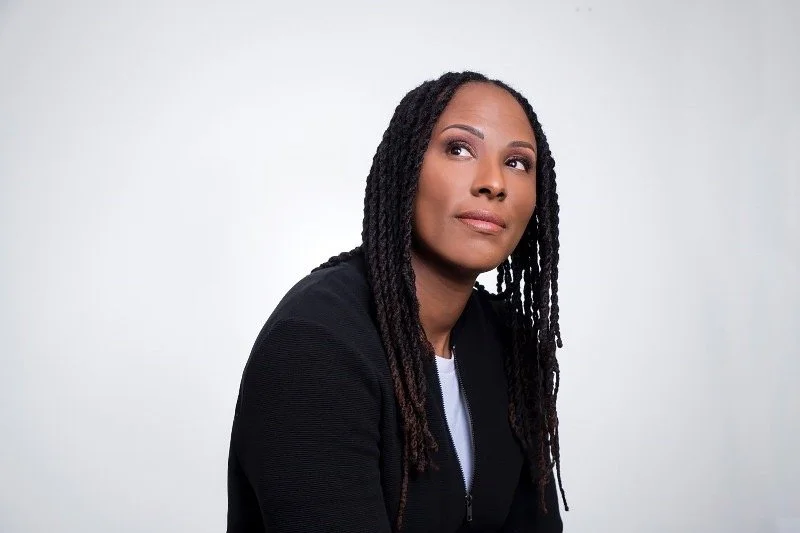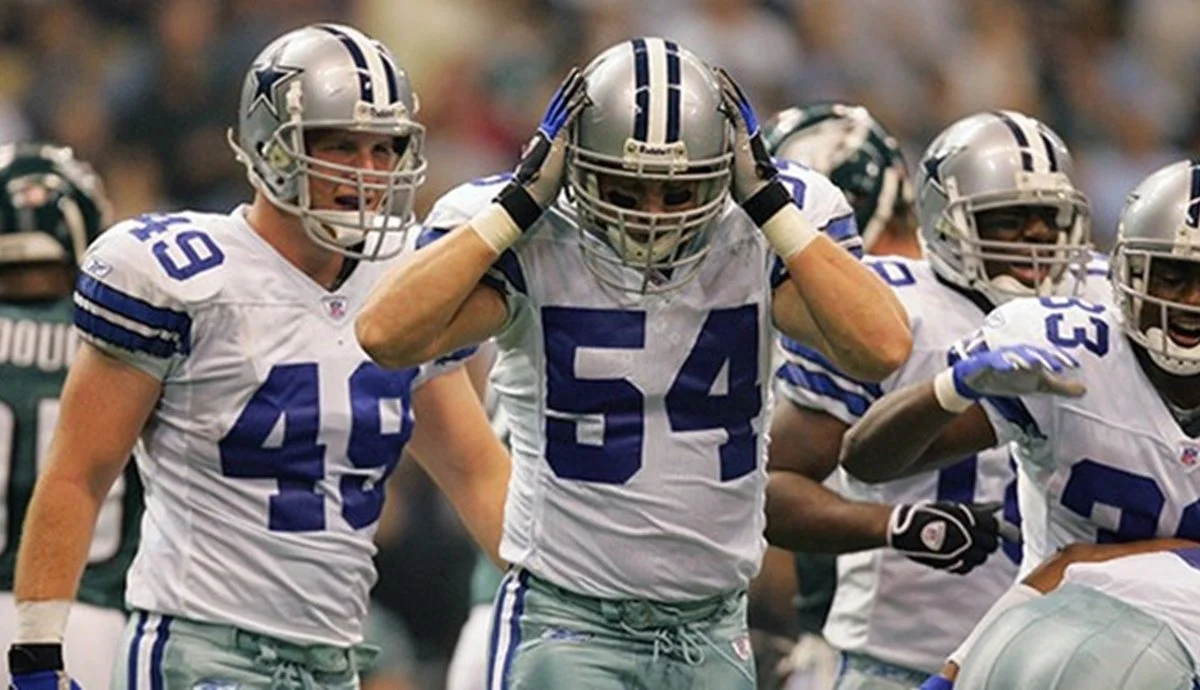Celebrities And Famous People with Bipolar Disorder
Bipolar disorder is a mental health condition characterised by extreme mood swings, ranging from manic highs to depressive lows. While it can be challenging, many famous people with bipolar disorder have not only coped with the condition but have also excelled in their fields, breaking barriers and reducing stigma. Their journeys remind us that mental health struggles do not define an individual’s success or potential.
This article delves into the lives of celebrities with bipolar disorder, highlighting their achievements, challenges, and the broader question of why so many celebrities are bipolar. By exploring the experiences of successful people with bipolar disorder, we aim to foster understanding and inspire those navigating similar challenges.
The Connection Between Creativity and Bipolar Disorder
One of the most intriguing aspects of bipolar disorder is its association with creativity. Studies suggest that individuals with bipolar disorder may have enhanced divergent thinking and creative problem-solving skills. This could explain why the entertainment, arts, and literary worlds feature a significant number of successful people with bipolar disorder. However, it’s essential to understand that this connection doesn’t romanticise the condition but instead sheds light on the resilience and adaptability of those who live with it.
Musicians and Singers with Bipolar Disorder
Demi Lovato
A former Disney star and pop icon, Demi Lovato, has been open about their diagnosis. After seeking treatment for addiction and self-harm in 2010, they discovered they had bipolar disorder. Lovato has since used their platform to advocate for mental health awareness, inspiring millions worldwide.
Mariah Carey
Mariah Carey, one of the best-selling music artists of all time, revealed her bipolar diagnosis in 2018 after years of denial. She credits therapy and surrounding herself with supportive people for her recovery and has continued to dominate the music industry.
Jimi Hendrix
The legendary guitarist Jimi Hendrix reportedly exhibited symptoms of bipolar disorder, including mood swings and manic energy, which he channelled into his music. His song "Manic Depression" is thought to reflect his struggles.
Actors and Actresses with Bipolar Disorder
Catherine Zeta-Jones
The Welsh actress opened up about her bipolar II disorder diagnosis in 2011, following her husband Michael Douglas’s battle with cancer. She credits therapy and support from her family as vital in managing her condition.
Jean-Claude Van Damme
The martial arts star known for films like Bloodsport and Kickboxer was diagnosed with bipolar disorder in the 1990s. Despite his struggles, Van Damme has continued to have a successful career and advocates for mental health awareness.
Patty Duke
Patty Duke, an Academy Award-winning actress, was diagnosed with bipolar disorder in 1982. She spent the rest of her life advocating for mental health awareness, sharing her story through memoirs and public appearances.
Successful Writers and Artists with Bipolar Disorder
Virginia Woolf
The iconic British author of Mrs Dalloway and To the Lighthouse struggled with mood swings and breakdowns throughout her life. Her vivid descriptions of mental anguish in her novels are thought to reflect her personal experiences.
Vincent van Gogh
While the cause of van Gogh’s mental health struggles remains debated, many believe he exhibited signs of bipolar disorder. His intense emotional states may have fuelled the creativity behind masterpieces like The Starry Night.
Ernest Hemingway
Hemingway’s larger-than-life persona masked the depressive episodes and paranoia he experienced due to bipolar disorder. Despite his struggles, he left a lasting legacy in literature, winning a Nobel Prize for his work.
Athletes with Bipolar Disorder
David Feherty
The retired professional golfer and sports commentator has openly discussed his battle with bipolar depression. He credits therapy, medication, and a focus on humour for helping him manage his symptoms.
Chamique Holdsclaw
An Olympic gold medallist and WNBA star, Holdsclaw was initially diagnosed with depression and later with bipolar disorder. She uses her platform to encourage others to seek help and embrace recovery.
Keith O’Neil
The former NFL linebacker faced anxiety, manic episodes, and depression throughout his career. After receiving a diagnosis, O’Neil became an advocate for mental health awareness, sharing his story to inspire others.
Why Are So Many Celebrities Bipolar?
The prevalence of bipolar disorder among celebrities has sparked much curiosity. While there is no definitive answer, several factors may contribute:
High-Pressure Environments: The intense demands of fame, public scrutiny, and irregular schedules can exacerbate symptoms of bipolar disorder.
Creative Fields: Many celebrities work in industries that value creativity, which may attract individuals with the heightened emotional sensitivity often associated with bipolar disorder.
Visibility: Celebrities’ lives are more public, making their mental health struggles more visible than those of the general population.
Celebrities Advocating for Mental Health Awareness
Many celebrities with bipolar disorder have used their platforms to break the stigma surrounding mental health. From sharing personal stories to funding research and starting foundations, their efforts remind us that vulnerability is a strength and that seeking help is a courageous step.
Q&A
Q1: Why do so many celebrities have bipolar disorder?
While bipolar disorder affects people across all demographics, it appears to be more common or visible among celebrities for several reasons:
Creative Expression: Individuals with bipolar disorder often possess heightened emotional sensitivity and creativity, traits that are valuable in artistic and performance-based professions like acting, music, and writing.
High-Pressure Environments: The demanding schedules, public scrutiny, and stress of celebrity life can trigger or exacerbate bipolar symptoms, making the condition more apparent.
Increased Awareness: Celebrities are often more open about their diagnoses, making their struggles more public than those in other professions. Their visibility helps shed light on the condition.
Q2: Can someone with bipolar disorder be successful in their career?
Absolutely. Many successful people with bipolar disorder have achieved great heights in their careers. Examples include:
Mariah Carey, a chart-topping singer.
Catherine Zeta-Jones, an Academy Award-winning actress.
Ernest Hemingway, a Nobel Prize-winning author. These individuals demonstrate that, with proper treatment and support, those with bipolar disorder can lead fulfilling and successful lives.
Q3: How do celebrities manage bipolar disorder?
Celebrities often have access to resources that help them manage their condition effectively, such as:
Therapy: Regular sessions with psychologists or therapists to manage emotional regulation and stress.
Medication: Mood stabilisers, antidepressants, or antipsychotics are prescribed to manage symptoms.
Lifestyle Adjustments: Maintaining regular sleep patterns, exercising, and avoiding triggers such as excessive alcohol or stress.
Luxury Treatment Centres: Many celebrities seek care in discreet, high-end facilities that offer privacy and alternative therapies like yoga, meditation, and equine therapy.
Q4: Are there any actors with bipolar disorder who continue to work successfully?
Yes, several actors have publicly shared their journeys with bipolar disorder while continuing to work in their industries:
Catherine Zeta-Jones has spoken openly about managing bipolar II disorder while maintaining her acting career.
Jean-Claude Van Damme continues to work in film while advocating for mental health awareness.
Russell Brand, diagnosed as bipolar in childhood, remains an active comedian, actor, and mental health advocate. These examples illustrate that a bipolar diagnosis doesn’t hinder professional achievement with the right support and treatment.
Q5: Do celebrities with bipolar disorder face unique challenges?
Yes, celebrities often experience challenges unique to their public lives:
Increased Scrutiny: Every behaviour is magnified in the media, which can lead to misunderstandings about mental health.
Stressful Schedules: Irregular work hours, travel, and high performance expectations can trigger mood swings.
Privacy Issues: Sharing their diagnosis can reduce stigma, but it also opens them up to invasive questions and judgment. Despite these challenges, many celebrities use their platform to educate and advocate for mental health awareness.














